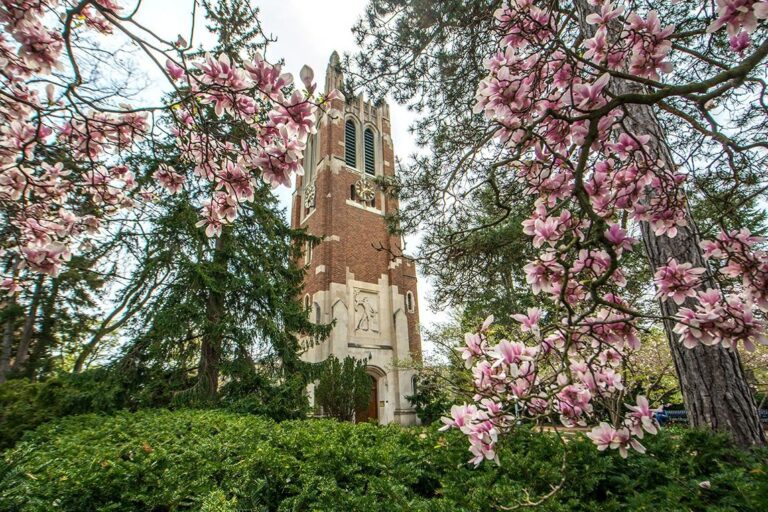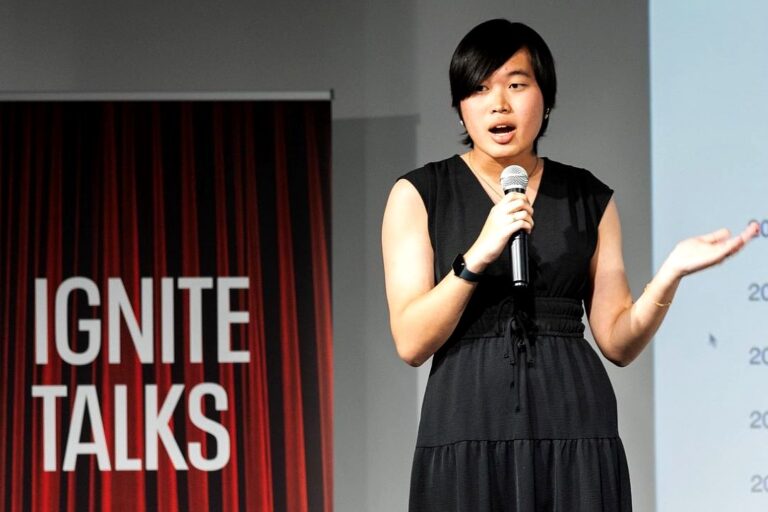
WRAC’s Professional and Public Writing (P2W) Club held their first social event of the semester, a student-led Game Night, on November 16th. The event allowed P2W students to unwind and build community with snacks and games in a fun, relaxed environment. Game Night also strengthened writing and revision skills—and the entire P2W program—in the process.
Students appreciated the chance to take a break and get to know each other in the midst of fall semester. David Seddon, a P2W sophomore, said he appreciated the chance to hang out with other P2W students. “Personally, I’ve had a really stressful week of projects, and this is really nice because it helps me unwind.”
Sarah Munson, a P2W junior, agreed. Activities like Game Night are important, she said, because students “can be more vulnerable and open, and you can bond with humor.”
But the social event was more than just a chance to have snacks, play games, and talk to other students: it was an example of how taking breaks and building community are essential for good writing and a strong program.
Professor Casey Miles, Assistant Professor in the Department of Writing, Rhetoric, and American Cultures and advisor for the P2W program, said “what we know about writing is that it’s not just something that we can sit down and hammer out… we need to take breaks, walk away, and revisit.” Getting some space from their writing projects allows students to return to that work with a fresh outlook, and sharing experiences with their peers can make that even more valuable.
Students and faculty also agree that building community is beneficial to the revision process. “If [students] feel more comfortable with their classmates… they would feel more comfortable sharing their writing with them, and just feel like they’re supported rather than being competitive,” said Professor Hillery Glasby, Assistant Professor in WRAC.

Seddon agreed, saying that events like this “can help everyone,” making students “more open to revision” and more likely to reach out for help with their work.
Finally, social events strengthen the P2W major as a whole. “We try to build that community in the classroom, but then there’s all the high stakes and the pressure of being in class. So outside of class students can get to know one another in a different way, and I think that then can inject community into the major itself,” said Miles about the importance of student-led social events. She hopes that students can use these opportunities to not only build community within the major, but also to change it from the inside. “We want you to have feedback, we want you to critique the program and make it better, and talk to each other about it.”
Allowing students a space to share their experiences, thoughts, and even frustrations with the P2W program also means that it can be constantly adapting to the needs of students—whether that adaptation happens in the classroom, through academic advising, or over a game of Telestrations.
Written by: Kara MacKenzie


